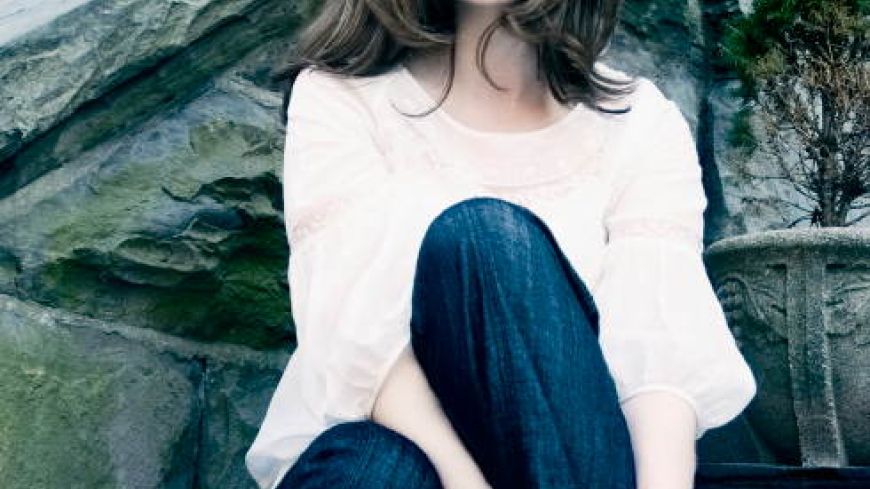
The concert opened with a little played reworked single movement of the incidental music Sibelius wrote for his brother-in-law’s play Kuolema (‘Death’). A flock of cranes flies overhead and one separates from the others to bring a baby to them.
Lisa Rourke, the talented viola player, in her very well delivered half hour talk before the concert had admitted a quick look at the internet in her preparation. To her amusement and consternation she had found a YouTube video of builders cranes towering above a skyline in the reference to this music - very different from the birds the music was written about.
It turned out to be serious and slightly sombre, and nothing like as exciting as the better known Valse Triste, the opening waltz. But we were to be in for a surprise. Paul Daniel had turned to the audience rather than to the orchestra on his arrival on stage - not only to welcome us very graciously but to say that, as an extra to the published programme, we were going to hear Valse Triste too. And so we did.
The pianist for the Beethoven Piano Concerto No 1 was the American Simone Dinnerstein giving her first performance in the United Kingdom. She had made her name with her recordings of Bach’s Goldberg Variations and The Berlin Concert. With a much smaller orchestra of just 25 players and the tall conductor without a podium, or indeed a baton, it was a delightful performance. Earlier at the talk Lisa Rourke had told us how hard it can for string players to remember not to play vibrato in such a piece. I don’t think anybody did.
Elgar completed just two symphonies. The first, which he heard, was so well received when first performed in 1908 under the baton of Hans Richter by the Hallé Orchestra in Manchester that it went on to be an instant favourite. It was all familiar, and for me comfortable, because it was English of a hundred years ago. The Royal Scottish National Orchestra did us proud and not forgetting they had three guest players, first and second violin and cello with them for the evening.
Some will have wondered why it was the back desk players who were asked by the conductor to stand at the end for a special applause. It was a technique of Elgar’s to create far distant sounds.
In the revolving system the RSNO has for the seating of its string players there had been speculation in the weeks beforehand as to whose turn it would be for this unexpected notoriety. They deserved the smiles on their faces when they stood.
Event: Friday 22 October 2010 7.30 pm.

